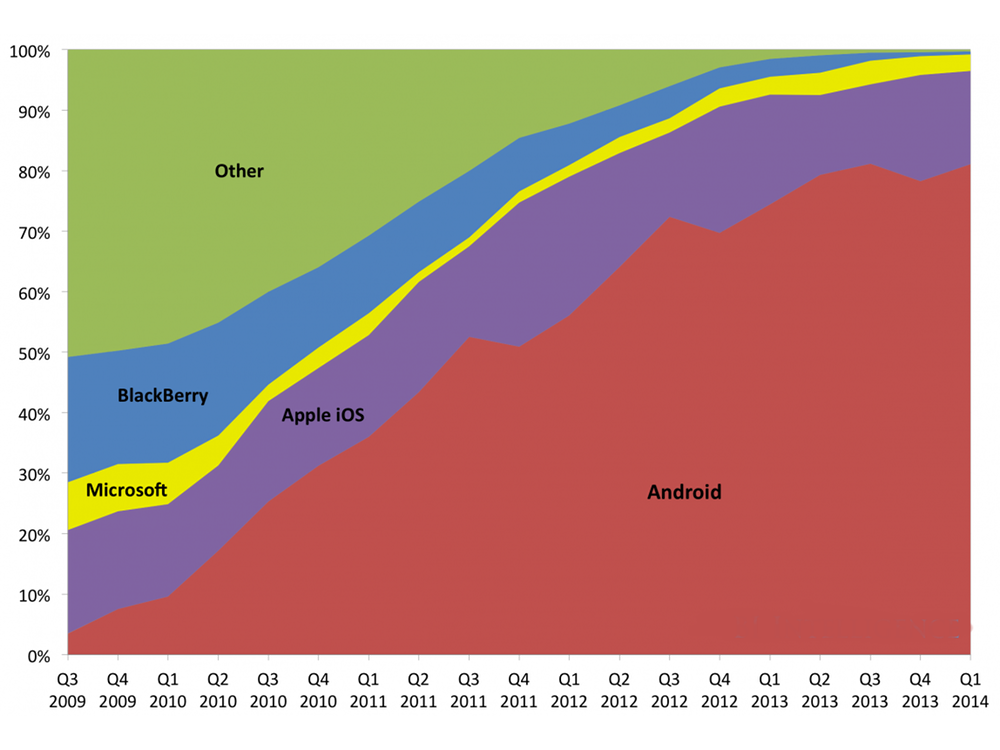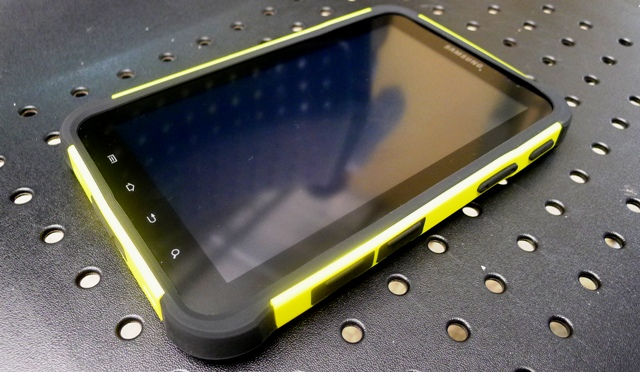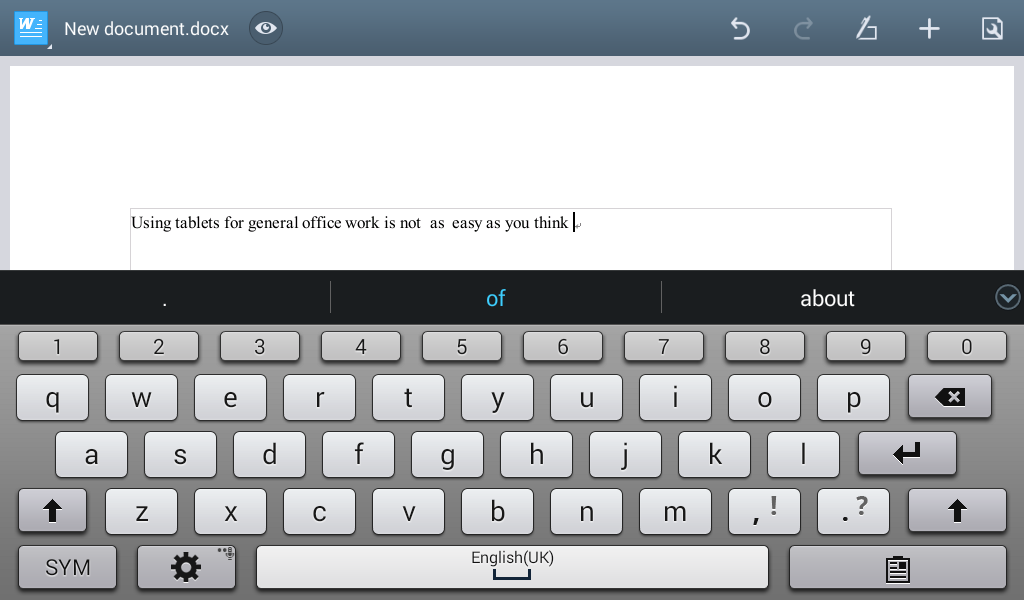Choosing Cell or Tablets for Mobile Data Collection
Mobile OS and how it effects cost.
For NGOs regardless of the type of device they choose for mobile data collection there would have to be a compelling reason not to opt for an Android OS. Over 90% of tablet and smart phones in developing countries use Android, it is lower cost and generally considered to be a better platform than either Windows, Blackberry or or iOS.
Choosing Android allows much greater flexibility in the type of devices you can use and so for NGOs purchasing equipment in country this provides better availability and more importantly better price.
Choosing a common Mobile OS such as Android also allows projects to procure cell or tablets second hand rather than new through contacts offered by your available cell providers. The attaction here is that it allows for data usage to be on a 'Pay as You go' basis. This type of data usage may be preferable to open ended contracts in terms of administration and cost control.
Smart Phone or Tablet?
Most NGOs will think tablets would be the obvious choice. There are several reasons why this may not be the case. Firstly, tablets are more expensive than smart phones and generally in developing countries this difference can become quite large. Secondly, because of their sizet ablets are more vunerable to damage than smart phones and therefore will need protective cases.
Protective cases for tablets are expensive and not freely available to most NGOs. The lack of choice of protective cases available will, in turn, limit your choice of tablet and probably rise purchase costs by 20 - 30%.
Despite the additional costs of tablets and their protective cases (if you can purchase them) the atttaction of tablets is that they will provide a general work tool for extensionists. This assumption is valid although the applications available for creating docs, spreadsheets or presentations such as Polaris Office work equally well on smart phones.
Summary
- Because of its dominance, cost and opportunity for buying second hand devices using Android would seem to be the prefered option for NGOs.
- Tablets would seem the logical choice, but their higher price and vunerability to damage should not rule out smart phones.
- Tablets and smart phones can also provide a general work tool for extension staff.
- However, such tools are limited and not that easy to use. Particularly with smart phones it is likely your extension staff will still need access to a lap or desk top.
Android Dominates Emerging Economies

Android is fast becomming to mobile as microsoft was to desktop in the 80s and 90s.
Protective Cases

Tablets will need protective cases to last in the field. Not only are these difficult to find they considerably increase cost.
Tablets can be used for other tasks.

The size of a tablet does make it more practical for use on other tasks such as writing reports.
